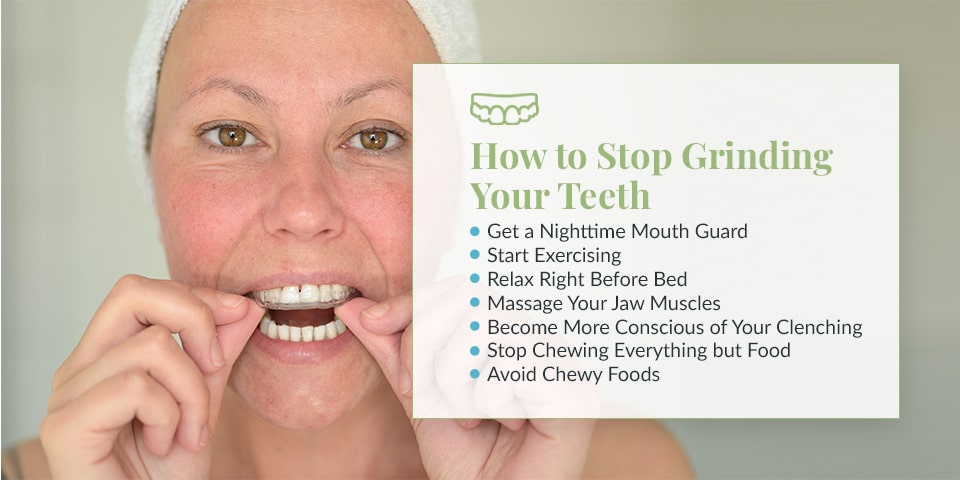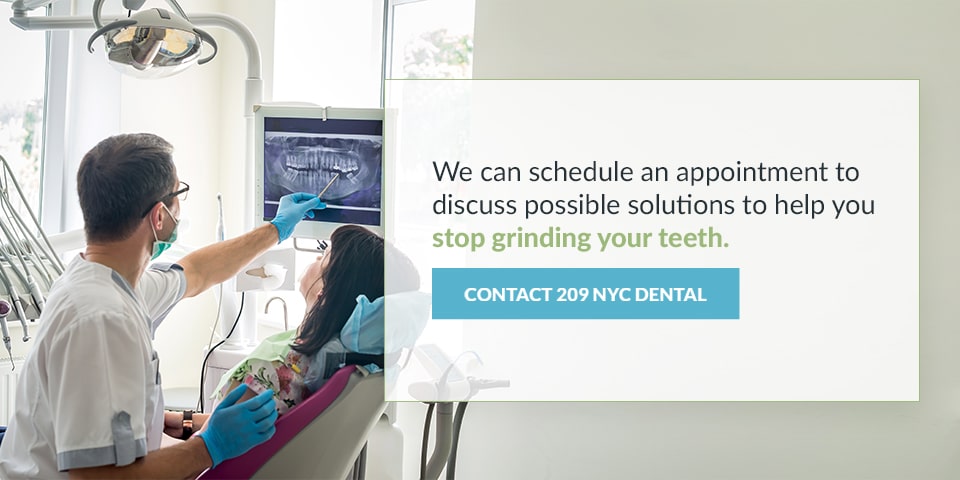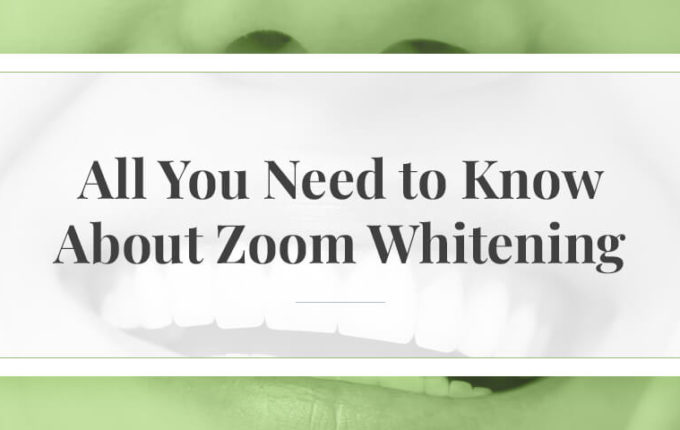How to Stop Grinding Your Teeth at Night: 7 Effective Tips
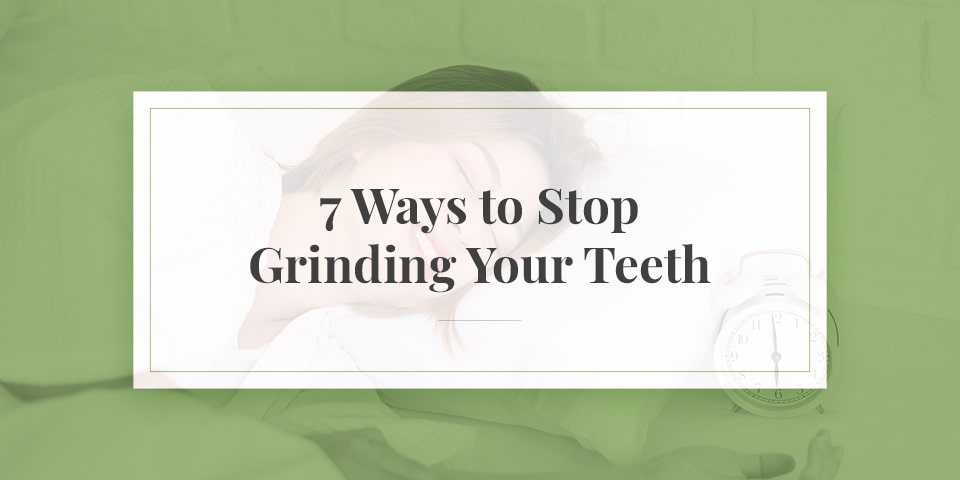
Grinding of the teeth, also referred to as bruxism, can have far-reaching consequences for your dental health. While it is natural to clench your teeth occasionally, sustained grinding can cause damage and produce symptoms that impact you throughout the day.
Many people are unaware that they grind their teeth because it often occurs during sleep. Symptoms of bruxism include headaches and a sore jaw. People may mention that they hear you grind your teeth at night, too. Continue reading to learn how to stop grinding your teeth at night and during the day.
How to Stop Clenching Your Jaw
Are you tired of dealing with the symptoms of teeth grinding in your sleep or at any other time? Explore these seven treatment options and techniques to try today and experience some relief.
1. Get a Nighttime Mouth Guard for Grinding Teeth
Constant grinding can wear down the enamel on your teeth, making them more vulnerable to cavities. Fortunately, wearing a mouth guard while sleeping will protect your teeth. Our dentist can fit you with a custom nighttime mouthguard for grinding teeth, designed to protect your teeth throughout the night.
A custom-made night guard will be more comfortable than any you can buy at the store, which is one-size-fits-all and may not fit as snugly. Consistently wearing a mouthguard overnight is one of the most effective ways to combat bruxism and prevent grinding your teeth at night.
2. Start Exercising
If you do not exercise, add a few sweat sessions to your weekly routine. Bruxism often results from stress or anxiety, with tension manifesting in tooth grinding. Exercise won’t massage your jaw muscles, but it will help release stress.
Short on time or new to working out? That’s okay! Even light aerobic activities, such as brisk walking or cycling around the block, can help keep your cortisol levels in check. Lower stress can go a long way in helping you stop grinding your teeth at night.
3. Relax Right Before Bed
All the tension sitting in your jaw needs to unwind before you go to bed. Try relaxing stress reduction techniques to reduce tension and stop clenching your jaw, such as one or more of the following:
- Take a warm bath before bed to relax your jaw muscles.
- Apply a heating pad or warm, wet towel to your jaw.
- Drink herbal, caffeine-free tea to warm up your mouth.
4. Massage Your Jaw Muscles
Do you find that your jaw clenches throughout the day when you’re confronted with a stressful situation? If so, relax your face and gently massage your jaw muscles. Massaging your jaw muscles will release the tension that has built up throughout the day.
This step to stop grinding your teeth at night involves focusing on your masseter muscles (they’re the ones located in front of your ears). Using circular motions and gentle pressure, massage this muscle at the top, near the base of your jaw, and work your way down. If you’re unable to utilize this method to stop clenching your jaw, consider seeking help from a dental professional.
5. Become More Conscious of Your Clenching
You may grind your teeth all day without even realizing it. Practice mindfulness several times a day to help you relax and let go of anxiety. You will start to notice specific situations or times of day when your teeth grinding becomes more pronounced.
When you recognize it occurring, stop it by dropping your jaw and letting it hang for a moment. Move it gently, then try to maintain a more relaxed jaw position. You can also try this tip before bed to help you stop grinding your teeth at night.
For many patients, setting hourly phone reminders to “check your jaw” can be a significant aid in learning how to stop clenching their jaw.
6. Stop Chewing Everything but Food
Do you chomp on gum all day? Love chewing ice while you work? Even if your favorite vice is chewing a pen cap, you need to stop these repetitive motions, which will keep your jaw clenched.
Frequent chewing maintains your jaw in a contracted state and conditions your muscles for more clenching. Try replacing oral fixation habits with sugar-free lozenges, sipping water, or another healthy habit that doesn’t involve repeated chewing. Breaking this cycle is key.
7. Avoid Chewy Foods
Say goodbye to steak, popcorn, and taffy on days when your bruxism has flared up if you want help with stopping your teeth grinding at night. These foods require a lot of chewing and can further wear out your jaw. Instead, stick to soft foods like mashed potatoes, soups, and yogurt. Smoothies are also great for keeping you nourished without causing jaw-related agitation.
Get Relief From Teeth Grinding
Side Effects, Complications, and Symptoms of Teeth Grinding in Sleep and While Awake
It may seem like teeth grinding only leads to momentary discomfort, but it can contribute to some severe, noticeable side effects. Allowing your bruxism to continue can lead to other health issues developing in a few months or several years. Here are some of the complications you could experience as a result of bruxism.
- Misshapen teeth: Bruxism can cause your teeth to become flattened, fractured, or chipped. This condition can affect your smile and even alter the way your teeth feel in your mouth. If you don’t stop grinding your teeth at night, they can start getting loose.
- Worn tooth enamel: Constant grinding will wear away your tooth enamel. Your enamel is vital to your dental health, and damaging it can expose the deeper layers of your teeth to various risks, including cavities.
- Increased sensitivity or pain: As your enamel wears away when not wearing a nighttime mouth guard for grinding teeth, you can become more susceptible to tooth pain and sensitivity. Hot or cold temperatures can be uncomfortable on your teeth, and you may experience sharp pains in your most worn-down teeth.
- Tired jaw muscles: The more you clench your jaw and don’t massage your jaw muscles, the more exhausted they will become. You may experience fatigue in your jaw throughout the day if you suffer from bruxism.
- Pain in other areas: Bruxism can eventually lead to discomfort in various parts of your body, including your neck and face. You could also experience something similar to an earache, but in the area of your jaw in front of your ear, signaling that bruxism is taking its toll.
- Headaches: Grinding your teeth at night can lead to headaches that begin in your temples and spread to other areas of your head.
- Cheek damage: Constant teeth grinding can also cause damage to the inside of your cheeks. You may experience damage to your cheek tissues, resulting in pain and possibly some bleeding.
- Disruption of sleep: In some cases, your bruxism’s intensity can rouse you in your sleep or cause you to experience unrestful sleep. If you don’t know how to stop clenching your jaw and grinding your teeth, you may feel more tired in the morning or find yourself waking up throughout the night.
Get a Nighttime Mouth Guard for Grinding Teeth at 209 NYC Dental
Do you need help with stopping your teeth grinding at night? Do you have questions or need assistance with another dental issue? Call 209 NYC Dental at 212-355-2290. We can schedule an appointment to discuss possible solutions to help alleviate the symptoms of teeth grinding during sleep.
Our experienced team will evaluate the cause of your bruxism and recommend a personalized treatment plan, which may include a combination of a custom nighttime mouthguard, lifestyle modifications, and other treatments. Don’t wait for more damage to occur.
 Our History
Our History
 Our Providers
Our Providers
 About Us
About Us
 Blog
Blog
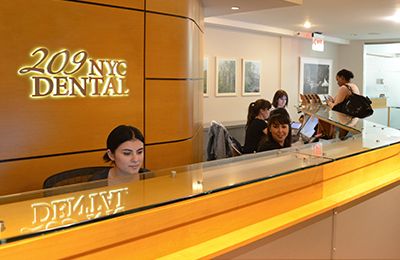 Contact us
Contact us
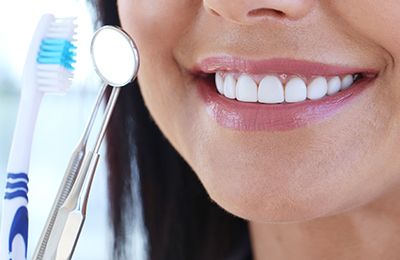 Diagnostic & Preventive
Diagnostic & Preventive
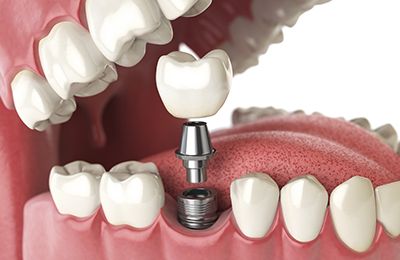 Implant Dentistry
Implant Dentistry
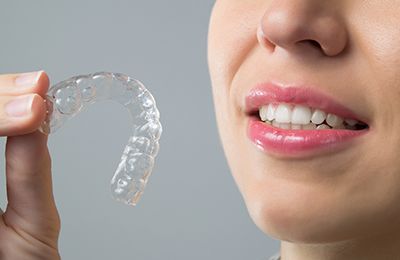 Clear Braces - Invisalign
Clear Braces - Invisalign
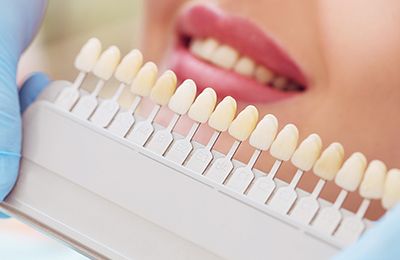 Cosmetic Dentistry
Cosmetic Dentistry
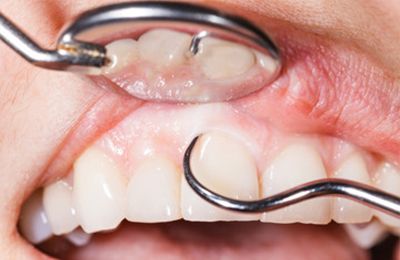 Periodontics
Periodontics
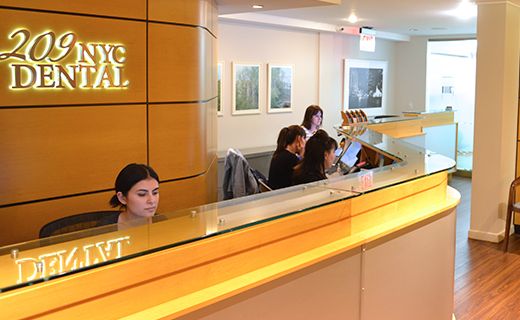 Patient Forms
Patient Forms
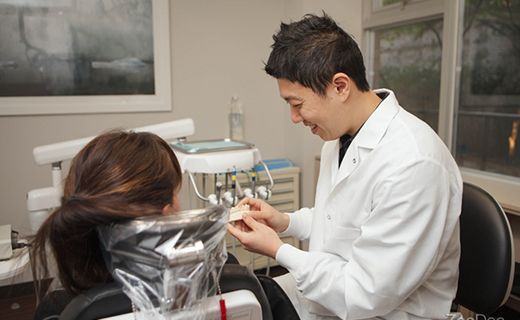 Payment Information
Payment Information
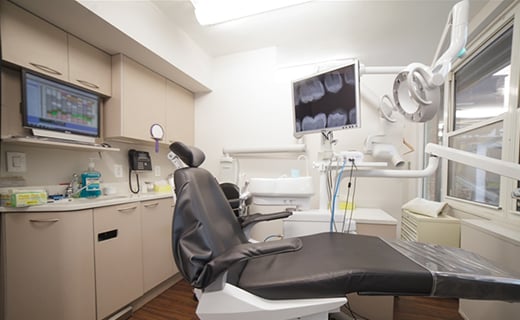 Insurance Options
Insurance Options
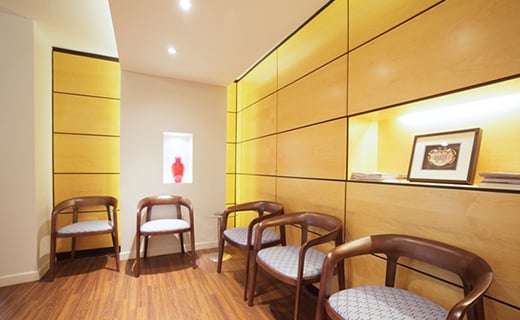 CareCredit Dental
CareCredit Dental
 Appointment Policy
Appointment Policy
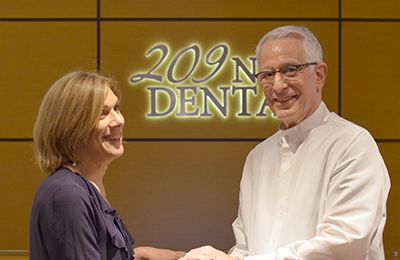 Free Consultation
Free Consultation
 Complimentary Teeth Whitening
Complimentary Teeth Whitening
 Teeth Whitening
Teeth Whitening
